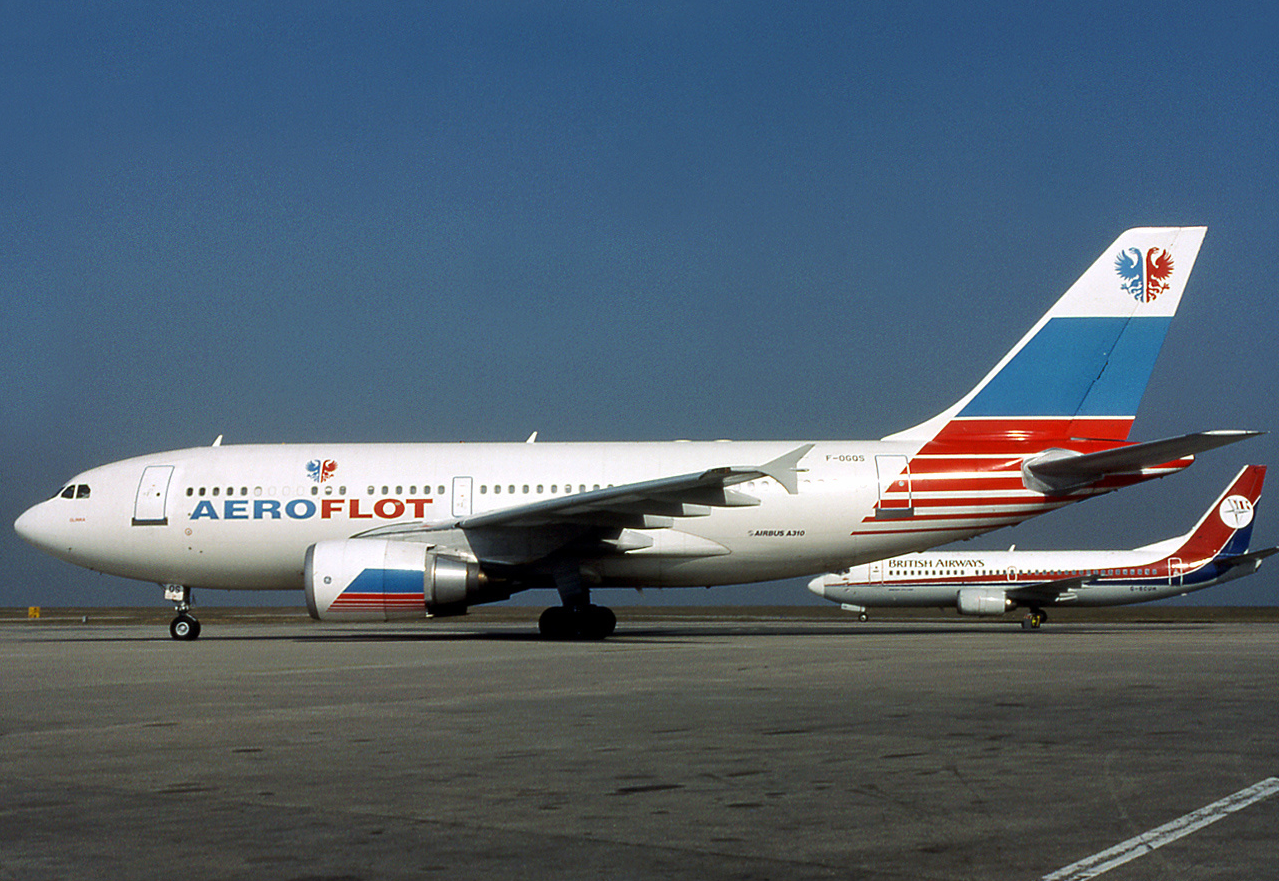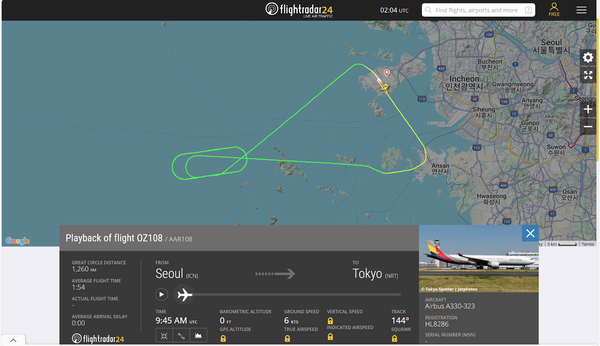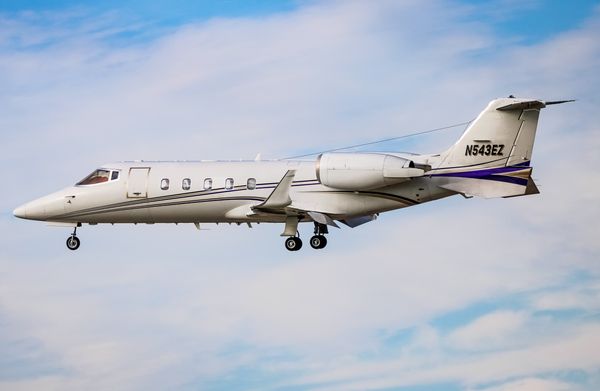
In response to Russia's offensive actions in Ukraine, various Western governments imposed sanctions on the Federation. This has led to Russian airlines struggling to find spare parts to fix crippled aircraft and has further contributed to a spike in malfunctions.
Massive Safety Risk Due to the Ukraine-Russia War
Within one year of sanctions being imposed on Russia, incidents involving Russian-registered aircraft have tripled. Aircraft manufacturers could no longer deliver spare parts to Russia once sanctions were enacted.
Most Russian carriers operate Western-built aircraft primarily from manufacturers like Boeing and Airbus. Once sanctions were imposed, these manufacturers could not deliver new planes to Russian airlines.

Flag carrier Aeroflot was heavily impacted as it could no longer take delivery of its remaining Airbus A350s on order. Those aircraft were eventually snatched up by Turkish Airlines.
Data compiled by Newsweek shows that in three months, from September to December 2023, Russia saw 60 commercial aviation incidents involving emergency landings, engine fires, and other malfunctions or technical issues.
These incidents were split across 15 in September, 25 in October, 12 in November, and eight by December 8th. This includes the infamous incident involving Ural Airlines Flight 1383. In September 2023, the Airbus A320 operating the flight suffered a hydraulic failure on approaching Omsk.

Eventually, the crew tried diverting to Novosibirsk but, due to insufficient fuel, had to ditch the aircraft in an open field due to inadequate fuel. Miraculously, everyone survived.
Novaya Gazeta, an independent Russian newspaper, found that more than 120 air accidents were recorded in Russia from January to August 2023. These accidents involved Russian-operated civilian aircraft, bringing the total number of aircraft malfunctions in 2023 to over 180.
One hundred eighty incidents represent a nearly three-fold increase since 2022 when 61 incidents were recorded. The newspaper found that engine issues comprised 30% of the incidents in 2023, while landing gear issues were present in 25%. Brake, flap, and air conditioning issues accounted for 3-6% of the cases.

It should be noted that these numbers are strong underestimates. Not all incidents are reported in Russia, so that the incidents could be much higher. A lack of spare parts coming into Russia means that planes have continued to fly without proper software updates and mandated maintenance checks to ensure airworthiness.
Russia has reportedly tried to bypass other sanctions and look for ways to get new parts into the country to keep its Western-built aircraft afloat.
What Alternatives Are There If the Russian War Is Prolonged?
Given that Russia cannot receive new Western-built aircraft and that Russia itself is not producing commercial airliners on a broad scale, the number of alternatives is low. The country's airlines have lost at least 76 passenger jets since 2022 due to Western sanctions.

While there have thankfully not been increases in fatal crashes, there has been a noticeable increase in operational mishaps. This is again due to a lack of spare parts, so when an issue arises with one of the planes, the maintenance crews have to install spare parts not certified by manufacturers.
Many of Russia's aircraft were leased from companies in Western countries like Bermuda or Ireland. Those aircraft were registered in these countries as well. Therefore, when sanctions were enacted, these companies tried to reclaim their planes from carriers like Aeroflot or S7 Airlines.
.jpg)
The Russian government did not hand over many of these planes but re-registered them for Russian registrations. For example, Aeroflot's fleet of Boeing 777-300ERs (and other planes, too) was delivered with Bermudan registrations. Their "VP-" or "VQ-" registration prefix indicated that these aircraft were leased from companies based in the Caribbean.
However, following the sanctions, the Russian government quickly re-registered all its airlines' planes to Russian registrations. In other words, an "RA-" registration prefix.

Aside from keeping their current planes flying under dubious circumstances, the only other option Russian carriers have is to order Russian-built planes like the Sukhoi Superjet or the new Yakovlev MC-21. Aeroflot has placed over 100 orders for the MC-21; however, that aircraft is experiencing various delays in entering service.
Comments (0)
Add Your Comment
SHARE
TAGS
STORIES Russian aviationrussiaaeroflotrussia aviation safetyrussian plane crash Ukraine Russia Ukraine Russia war Russia war UkraineRECENTLY PUBLISHED
 Tokyo-Bound Asiana Flight Experiences Engine Failure
An Asiana Airlines flight bound for Tokyo experienced an engine failure, prompting its return to Incheon International Airport.
NEWS
READ MORE »
Tokyo-Bound Asiana Flight Experiences Engine Failure
An Asiana Airlines flight bound for Tokyo experienced an engine failure, prompting its return to Incheon International Airport.
NEWS
READ MORE »
 Learjet Owned By Vince Neil Crashes Into Gulfstream Jet, 1 Fatality Confirmed
On February 10th, around 14:30 local time, a Learjet private jet aircraft crashed into another private jet after landing at Scottsdale Airport (SCF) in Arizona.
NEWS
READ MORE »
Learjet Owned By Vince Neil Crashes Into Gulfstream Jet, 1 Fatality Confirmed
On February 10th, around 14:30 local time, a Learjet private jet aircraft crashed into another private jet after landing at Scottsdale Airport (SCF) in Arizona.
NEWS
READ MORE »
 Seattle Plane Strike 2025: Japan Airlines and Delta Collision Raises Safety Concerns
Seattle-Tacoma International Airport saw a concerning incident on Wednesday morning when a Japan Airlines (JAL) plane clipped a parked Delta Air Lines jet while taxiing. Thankfully, no one was injured, but passengers described the collision as a frightening experience.
NEWS
READ MORE »
Seattle Plane Strike 2025: Japan Airlines and Delta Collision Raises Safety Concerns
Seattle-Tacoma International Airport saw a concerning incident on Wednesday morning when a Japan Airlines (JAL) plane clipped a parked Delta Air Lines jet while taxiing. Thankfully, no one was injured, but passengers described the collision as a frightening experience.
NEWS
READ MORE »



